Browser extension 'Requestly' that allows you to freely redirect and edit headers by rewriting browser access information

" Requestly " is a Chrome · Firefox extension that makes it impossible to access a specific site by rewriting the network request of the browser, or to disguise the user agent.
Home - Requestly
https://www.requestly.in/
Go to the official website and click "INSTALL NOW" to add extensions to your browser. In case of Firefox popup will appear, so click on "Allow" ...
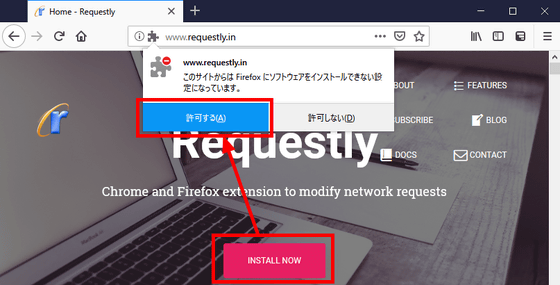
Confirm the authority and click "Add".
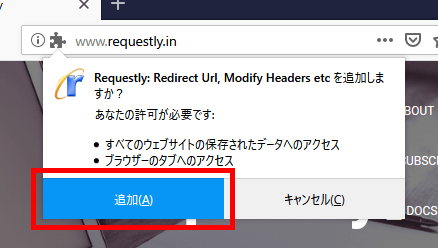
Chrome opens chrome web store so click "Add to Chrome" OK.
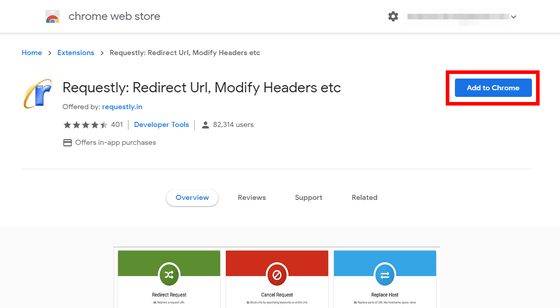
When the extended function is added to the browser, click the icon to open the setting screen. To create a new rule, click the "+" button.
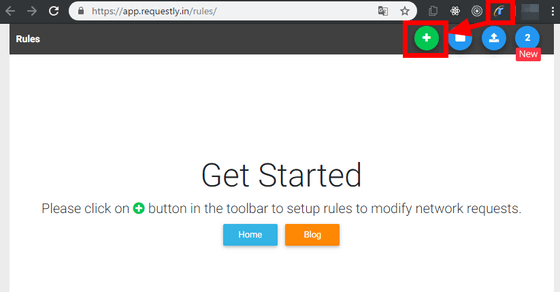
"Redirect Request" for changing the access to another URL at the time of article creation, "Cancel Request" for prohibiting access to the page, "Replace Request" for rewriting a part of the URL, "Modify Headers" for editing the header, query There are seven rules in total: "Modify Query Parameters" to edit parameters, "Insert Scripts" to execute JavaScript when loading the page, "Override User-Agent" to disguise the user agent. This time I will create "Redirect Request".
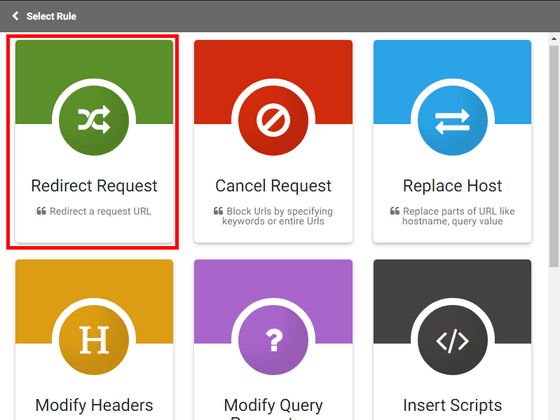
Enter a name and select a rule and redirect destination. Aside from whether it really means to redirect this kind of things, in order to experience what kind of action it is, this time if it contains the word "Google -> Yahoo!" and the word "google" in the URL We decided to redirect to "https://www.yahoo.co.jp". Click "Save" in the upper right to save.
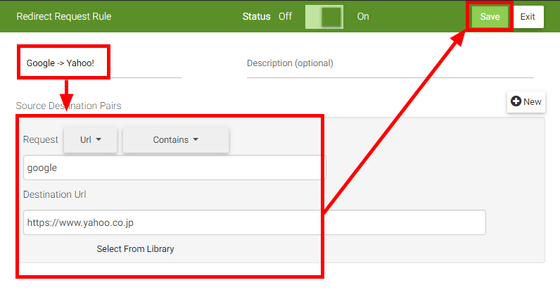
When you type "google.co.jp" in the browser, the page of Yahoo! JAPAN is displayed. Redirecting will be done if the URL contains "google", so if you enter "google.com" or simply "google", you will be redirected to Yahoo! as well.

In addition to the setting that matches the entire URL, you can also set "Host" which matches only the host part and "Path" which only matches the path. For example, if it is "https://gigazine.net/news/20181214-requestly", the host part is "gigazine.net" and the path is "/ news / 20181214-requestly". In addition to "Contains" which performs partial match, there are four modes of "Equals" of exact match, "regex" which uses regular expressions, "wildcard" which can use an asterisk as a wild card.
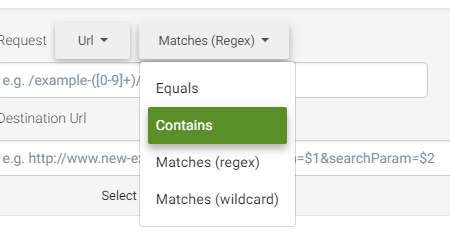
Whether or not to apply the created rule can be easily switched with the on / off button. It is also possible to write to a file in rule units. Since contents are text files in JSON format, you can edit files directly if you have knowledge.
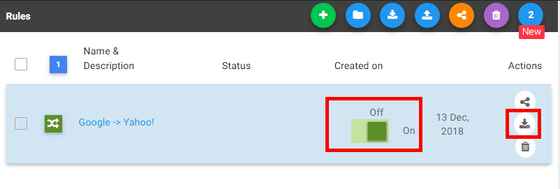
You can easily add the exported file from the upload button.

You can also group multiple rules together.
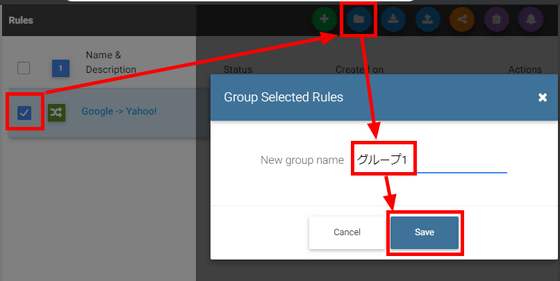
Rules summarized can be turned on and off in groups, so it seems to be useful if you want to switch complex settings.
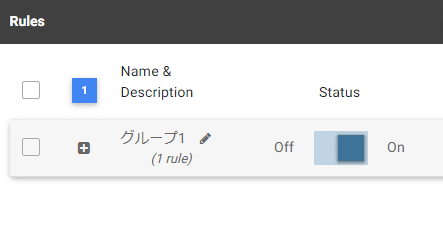
There is also a sharing function, check the rule you want to share, click the "Share" button, enter a name and click "Copy & Close".
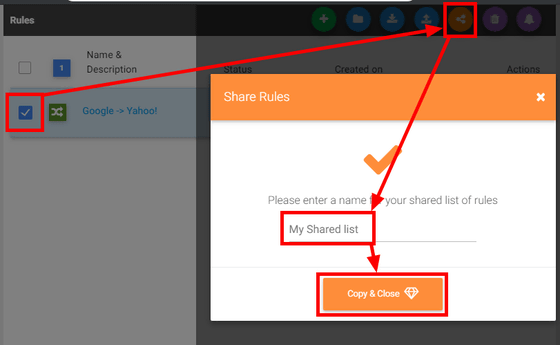
Since the URL for sharing is copied to the clipboard, you can pass it to the person you want to share. When you access the received URL, the rule is displayed, so you can load it with "Import List".

For example, by using the replacement function to change a part of the page's access destination locally, it seems to be useful for debugging bugs that occur only in the production environment. At the time of article creation, Chrome and Firefox are only supported, but in the future we plan to deal with Edge and Opera as well.
Related Posts:
in Review, Web Application, Posted by log1d_ts






